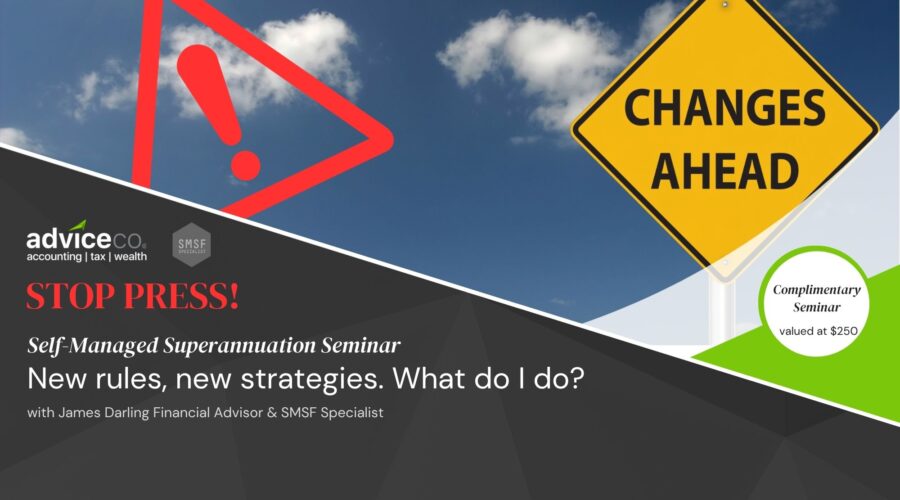Five bright thinking tips for Investors Posted on October 9, 2018

-
Save one-tenth of everything you earn, aside from super
In the George S Clason classic, the richest man in Babylon said, that “gold cometh gladly and in increasing quantities to any man who will put by not less than one-tenth of his earnings to create an estate for his future and that of his family”. In other words, putting away 10 percent of your current income (aside from that already put into superannuation) may, through the benefit of compound interest, regular investment and good financial behaviour of not spending more than you earn, result in a passive income stream or ability to earn income while you sleep.
It is important to allocate this money from your salary before you see it – you could set up your pay to automatically deduct this amount and put it in a separate investment account that you do not touch for anything other than for investment purposes. If you are keeping it in a bank account, make sure you are earning a good interest rate and that you are receiving (where applicable) a bonus for not withdrawing. -
Regularity is the key to good investing
Timing the share market is impossible. Even the most experienced analysts have great difficulty determining whether the market is at the very top or bottom of the economic cycle. That’s why drip feeding money into the market via a regular investment plan makes so much sense.
If you regularly invest a set amount of money – whether this is a small or a large amount regardless of what the market is doing – your investments should grow as the price you pay for these units will average out over time and you will make the most of the natural cycle of the share market. -
Long-term is long-term
Your money has to last you a very long time and your investment strategies need to reflect the length of time your money will be invested. Long-term means long-term – an investment superannuation, for example, typically lasts for up to 40 years in accumulation phase and 20 years or more in retirement. Keep this in mind when looking at long-term averages. Don’t sweat the small stuff, make sure your long-term goals remain on track and don’t panic about short-term movements.Although some people may consider cash a financial security blanket when it comes to investing, it can sometimes be more beneficial to take a little more risk for a higher chance of better returns. Keeping your money in cash or cash products for the long-term, even after retirement, is probably not the best strategy because the value of your money will not keep pace with inflation and your buying power will therefore reduce. It is likely you will need to earn more than the cash rate and so you might like to consider investing in managed funds or the share market which is, over time, a high returning asset class.
-
Starting early is key – pass down good saving habits
The best investment advice you could give anyone is to start early. Regardless of your age, it is never too early (or too late) to plan for your financial future, set up an investment plan or seek financial advice. Make your money start working for you as soon as possible. It has been shown that investing early can mean that even if you stop contributing money to your investment after just a few years you can still enjoy a higher balance than if you saved more each year for a longer time later in life. This is due to the effect of compound interest and time.
Pass down good saving habits, the earlier your children (or grandchildren) learn the benefits of a good savings plan, the better their financial future is likely to be. -
Look forward, not back
Past performance is no guarantee of future performance. This is the written disclaimer that accompanies almost all financial planning products. Keep this in mind when investing.
While past performance is indicative of relative strengths of particular asset classes and good fund managers, and the performance of fund managers when repeatedly outperforming others in their class is indicative of good management, it’s not an iron-clad guarantee.
This is because markets change and investments are cyclical in their relative strengths, and the investments styles which may have achieved the best results last year, may not be those which achieve the best results this year. In fact, they may be among the worst. This is yet another great reason to diversify your investments.





